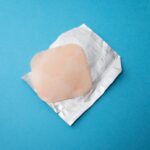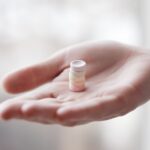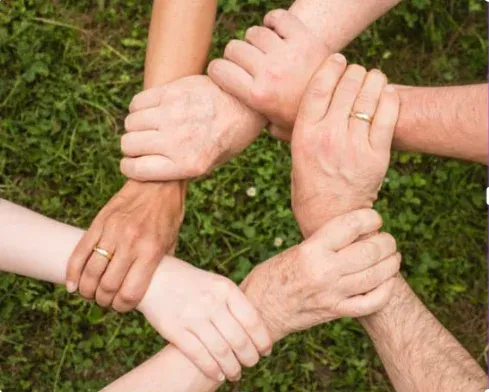Diabetes patients experience hypoglycemia (low blood sugar) when their bodies do not have enough sugar to utilize as fuel.
It can occur for various causes, including food, certain drugs and diseases, and activity.
If you have hypoglycemia, take down the day and time it occurred and what you did. Share your records with your doctor so that they may search for patterns and modify your meds if necessary.
Contact your doctor if you experience more than one unexpected low blood sugar response in a week.
Common Symptoms of Hypoglycemia
Most persons have hypoglycemia symptoms when blood sugar levels are 70 milligrams per deciliter (mg/dL) or below.
Each diabetic individual may experience various hypoglycemic symptoms. You’ll learn to recognize yours.
Early signs and symptoms include:
- Dizziness or feeling wobbly
- Hunger
- Headaches
- Heart pounding or pulse racing
- Looking pale
- Sweating
- Trembling
- Weakness
- Unexplained weight loss
Without therapy, you may develop more severe symptoms such as:
- Coordination issues
- Inability to concentrate
- Numbness of the tongue and mouth
- Seizures
- Nightmares or nightmares
- Coma
Having a Healthy Diet
Low blood sugar might occur if you take too much insulin for the number of carbs you consume. For example, it is possible that:
- After consuming a meal high in simple sugars
- If you skip a snack or fail to eat a full meal
- If you have dinner later than normal
- If you drink booze without eating anything
Don’t miss meals if you have diabetes, especially if you use diabetic meds.
Treatment for Hypoglycemia
Check your blood sugar level if you have diabetes and suspect hypoglycemia. Do your levels frequently decrease after high-sugar meals? Alter your diet. Avoid sugary foods and consume small, frequent meals throughout the day.
If you have low blood sugar after not eating, try a protein or a more complex carbohydrate snack before night.
In extreme hypoglycemia, an injection of dasiglucagon (Zegalogue) or glucagon (Gvoke) injection may be necessary.
Your doctor may discover that you are taking too much insulin, which peaks in the nighttime to early morning hours. In that instance, they may reduce your insulin dose or adjust the time you receive your final dose.
What to Do When You Have Low Blood Sugar
First, consume 15 grams of a quick-acting carbohydrate, such as:
- Approximately three to four glucose tablets
- A single tube of glucose gel
- Four to six hard candy pieces (not sugar-free)
- 1 cup of fruit juice
- 1 quart skim milk
- 1 cup of soft drink (not sugar-free)
- 1 teaspoon honey (put it under your tongue, so it gets absorbed into your bloodstream faster)
Recheck your blood sugar fifteen minutes after eating sugary food. If your blood sugar remains less than 70 mg/dL, consume another portion of one of the above-mentioned items. Repeat these methods until your blood sugar returns to normal.
What to Do When You Pass Out
Hypoglycemia might cause you to pass out. If this is the case, you will require a glucagon injection.
Glucagon is a prescription blood sugar-raising medication that you may require if you have severe hypoglycemia. Your family and friends must know how to administer the injection if you have a low blood sugar response.
If you find someone suffering from a severe hypoglycemic response, contact 911 or transport them to the nearest hospital for treatment. Do not attempt to feed, hydrate, or provide insulin to an unconscious individual since they may choke.
Conclusion
The symptoms of glycemia can vary depending on the severity of the condition. The most common symptom is high blood sugar levels. Treatment for glycemia usually involves making lifestyle changes such as diet and exercise. In some cases, medication may also be necessary.
Besides these methods, you can also try quantum energy wellness, which taps into the power of internal and external energy.
Are you looking for quantum energy supplements in the US? QEStrong has a variety of five complementary energy solutions. Check out our collection today!








